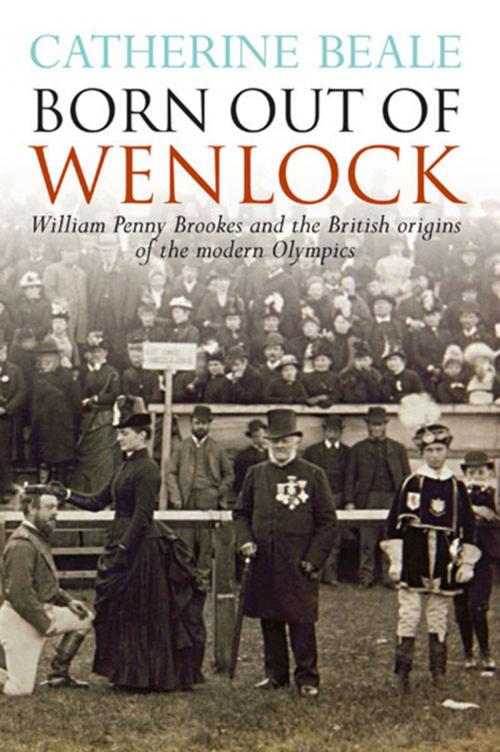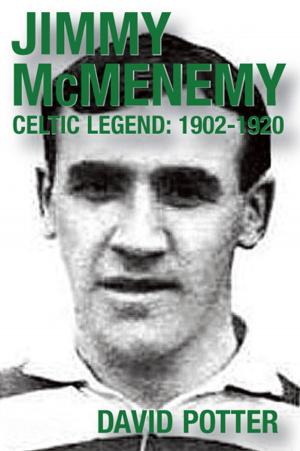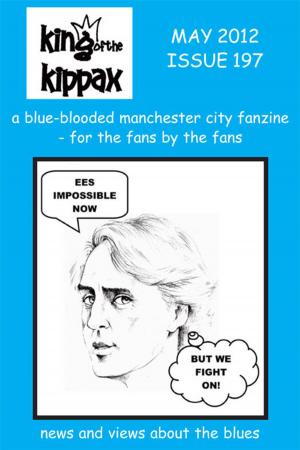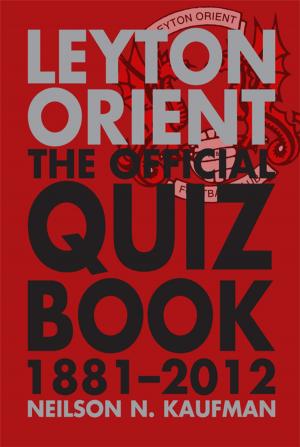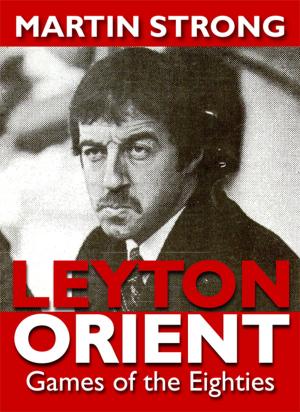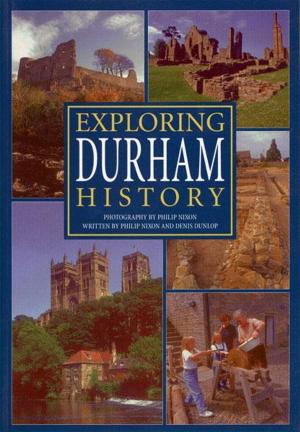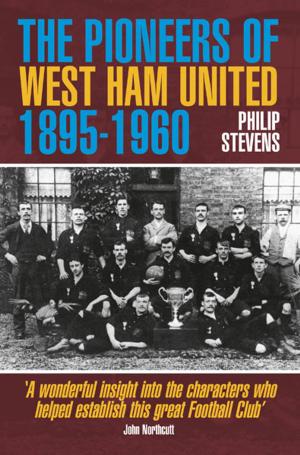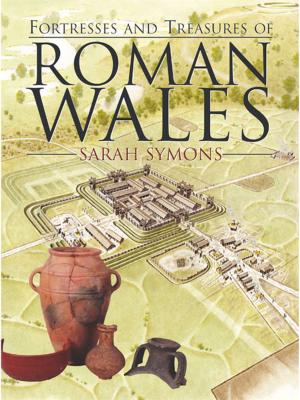Born Out of Wenlock: William Penny Brookes and the British origins of the modern Olympics
Nonfiction, Sports, Olympics| Author: | Catherine Beale | ISBN: | 9781908573056 |
| Publisher: | JMD Media | Publication: | October 6, 2012 |
| Imprint: | Language: | English |
| Author: | Catherine Beale |
| ISBN: | 9781908573056 |
| Publisher: | JMD Media |
| Publication: | October 6, 2012 |
| Imprint: | |
| Language: | English |
At the 2008 Beijing Olympics, London Mayor Boris Johnson memorably said of London 2012 that 'Ping-Pong is coming home'. In fact, he might justifiably have said that 'the modern Olympic movement is coming home'. In 1850, Shropshire doctor William Penny Brookes began Olympian Games for the moral, physical and intellectual improvement of the local population of Wenlock Borough. Within a decade he had donated a prize for athletics in Athens and was urging the Greeks to revive their ancient Games. He had also begun agitating for physical education to be compulsory at primary schools in England, an effort he sustained until the measure was finally passed in 1894. Brookes, with help from John Hulley of Liverpool and Ernst Ravenstein of London, staged Britains first National Olympian Games at the Crystal Palace in 1866. W.G. Grace won the 440yd hurdles while simultaneously playing cricket for England at the Oval. Wenlocks annual games became an important focus for the growing band of men developing sport in Britain, but Brookess egalitarian views on sport that it should embrace all classes temporarily fell foul of amateur exclusivity. In 1890, Baron Pierre de Coubertin travelled to Much Wenlock, met Brookes and watched the Wenlock Olympian Games. Within two years, Coubertin had decided to revive Olympic Games as an international sporting championship, and in 1896, the first of the IOCs Olympic Games were held in Athens. Brookes died just 17 weeks short of seeing international Olympic Games become a reality. In this engaging and lively account, Catherine Beale tells the story of the Wenlock Olympian Games, considers their influence on the modern Olympics, and shows why Coubertin, though he failed fully to credit Brookess contribution to the movement, concluded that 'The Wenlock people alone have preserved and followed the true Olympian traditions.'
At the 2008 Beijing Olympics, London Mayor Boris Johnson memorably said of London 2012 that 'Ping-Pong is coming home'. In fact, he might justifiably have said that 'the modern Olympic movement is coming home'. In 1850, Shropshire doctor William Penny Brookes began Olympian Games for the moral, physical and intellectual improvement of the local population of Wenlock Borough. Within a decade he had donated a prize for athletics in Athens and was urging the Greeks to revive their ancient Games. He had also begun agitating for physical education to be compulsory at primary schools in England, an effort he sustained until the measure was finally passed in 1894. Brookes, with help from John Hulley of Liverpool and Ernst Ravenstein of London, staged Britains first National Olympian Games at the Crystal Palace in 1866. W.G. Grace won the 440yd hurdles while simultaneously playing cricket for England at the Oval. Wenlocks annual games became an important focus for the growing band of men developing sport in Britain, but Brookess egalitarian views on sport that it should embrace all classes temporarily fell foul of amateur exclusivity. In 1890, Baron Pierre de Coubertin travelled to Much Wenlock, met Brookes and watched the Wenlock Olympian Games. Within two years, Coubertin had decided to revive Olympic Games as an international sporting championship, and in 1896, the first of the IOCs Olympic Games were held in Athens. Brookes died just 17 weeks short of seeing international Olympic Games become a reality. In this engaging and lively account, Catherine Beale tells the story of the Wenlock Olympian Games, considers their influence on the modern Olympics, and shows why Coubertin, though he failed fully to credit Brookess contribution to the movement, concluded that 'The Wenlock people alone have preserved and followed the true Olympian traditions.'
